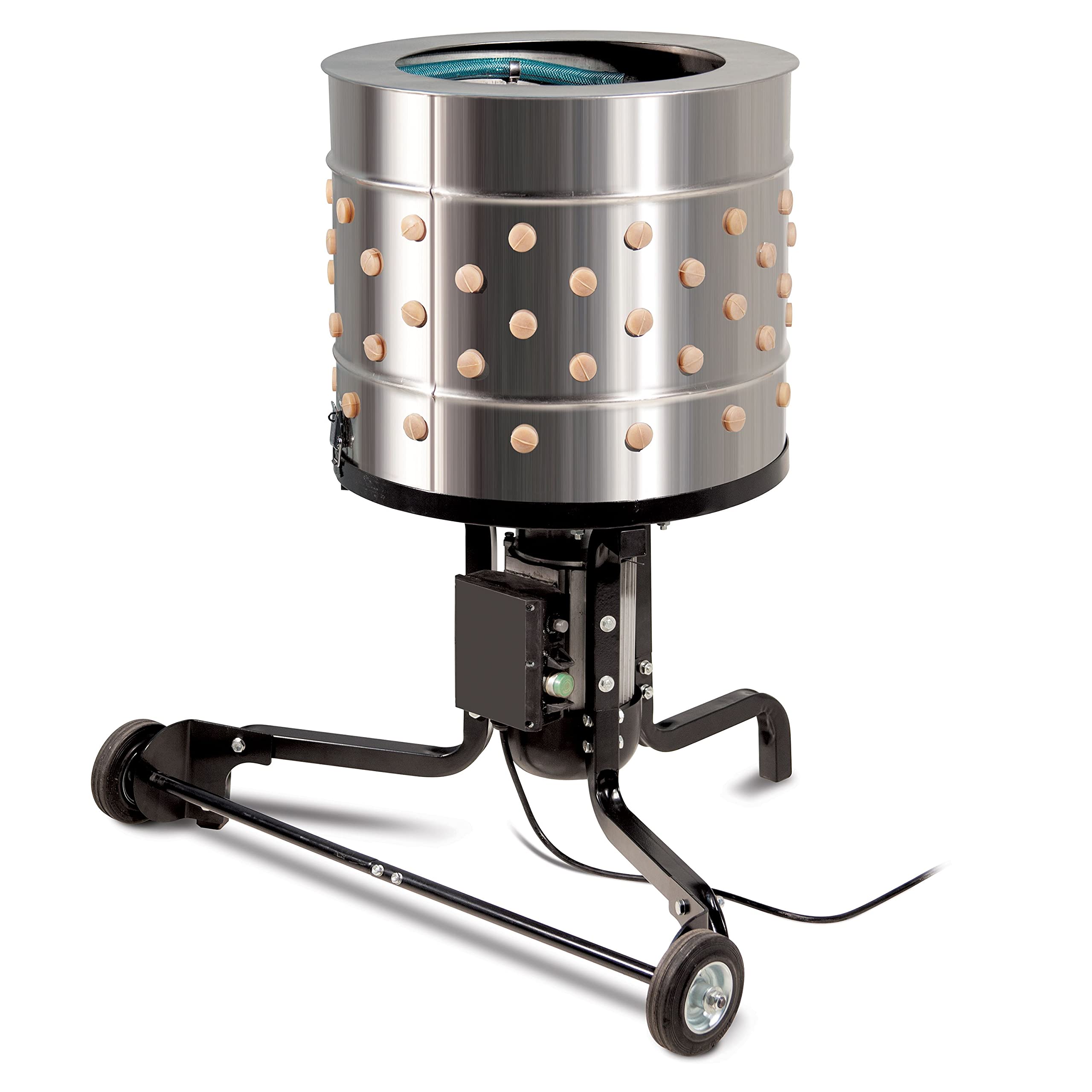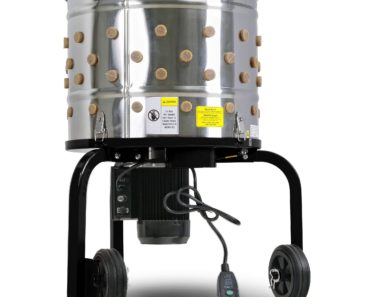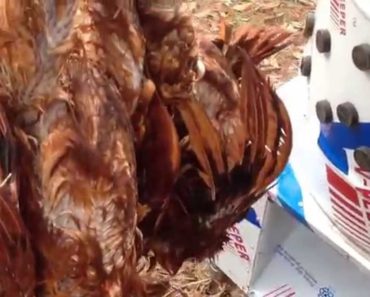Contents

Discover effective remedies to combat this common digestive issue that can affect your flock. Learn about the causes, symptoms, and most importantly, how to restore your chickens’ health. Don’t let sour crop dampen your poultry enthusiasm!
Effective Treatments for Sour Crop in Chickens
Sour crop is a common condition in chickens that occurs when the crop, a part of the chicken’s digestive system, becomes distended and filled with fermented food. It can be caused by various factors such as overeating, consuming spoiled or moldy food, or an underlying infection.
Symptoms
Some common symptoms of sour crop in chickens include regurgitation of undigested food, foul-smelling breath, weight loss, and a swollen or squishy crop. If left untreated, sour crop can lead to more serious complications such as blockage of the digestive system.
Treatments
There are several effective treatments for sour crop in chickens that can help alleviate the condition and promote healing:
1. Empty the crop: Gently massaging the crop area and encouraging the chicken to drink small amounts of water can help empty the contents of the crop. This should be done carefully to avoid causing discomfort or choking.
2. Flush with saline solution: Using a syringe without a needle, gently flush the crop with a saline solution made by mixing 1 teaspoon of salt in 1 liter of warm water. This can help remove any remaining food particles or bacteria.
3. Probiotics: Administering probiotics orally can help restore the balance of healthy bacteria in the chicken’s digestive system. Probiotics can be found in commercial poultry-specific formulas or in natural sources such as yogurt.
4. Antifungal medication: If the sour crop is caused by a fungal infection, antifungal medication may be necessary. Consult with a veterinarian to determine the appropriate type and dosage for your chickens.
5. Dietary adjustments: Provide easily digestible foods such as cooked rice or mashed potatoes to give the digestive system a chance to recover. Avoid feeding fibrous or hard-to-digest foods during this time.
Prevention
To prevent sour crop in chickens, ensure proper feeding practices such as avoiding overfeeding and regularly cleaning food and water containers. Additionally, regularly inspecting food for any signs of spoilage or mold can help prevent contamination.
Prompt and appropriate treatment is essential when dealing with sour crop in chickens. By implementing these effective treatments and practicing preventive measures, you can help your chickens recover from this condition and maintain their overall health.

Symptoms of Sour Crop in Chickens
The first step in treating sour crop in chickens is being able to identify the symptoms. Some common signs of sour crop include:
- Visible swelling or bulging in the crop area: This can be seen and felt as a soft, squishy mass located in the lower neck area.
- Sour or yeasty smell from the mouth: A foul odor may indicate an overgrowth of yeast or bacteria in the crop.
- Lethargy and decreased appetite: Chickens with sour crop may appear weak, have a decreased interest in food, and show signs of general malaise.
- Regurgitation or difficulty swallowing: Sour crop can cause chickens to have trouble swallowing and may result in regurgitation of undigested food.
Treatment Options for Sour Crop
When it comes to treating sour crop in chickens, there are several options available. These include:
- Crop massage and emptying: Gently massaging the crop and helping the chicken regurgitate the contents can provide relief. This should be done carefully to avoid causing any harm.
- Probiotics and dietary adjustments: Administering probiotics or yogurt with live cultures can help rebalance the microbial population in the crop. Additionally, adjusting the diet to include more easily digestible foods can aid in recovery.
- Antifungal medication: If an overgrowth of yeast is suspected, antifungal medications may be prescribed to combat the infection.
- Medical intervention: In severe cases, surgical or endoscopic procedures may be necessary to remove impacted crop material or address any underlying issues.
Prevention and Management of Sour Crop
Preventing sour crop in chickens is essential for their overall well-being. Here are some tips for prevention and management:
- Maintain a clean and hygienic environment: Regularly clean and disinfect feeding and watering equipment to minimize the risk of infection.
- Monitor feed quality and storage: Avoid feeding spoiled or moldy food, as this can contribute to digestive issues.
- Provide a balanced diet: Ensure that chickens receive a proper diet with adequate fiber and nutrients to support their digestive health.
- Observe and address any underlying health issues promptly: Regularly monitor the health of your chickens and seek veterinary assistance at the first sign of problems to prevent complications.
FAQ
Treating sour crop in chickens is crucial for maintaining their overall health and well-being. By following the right steps, such as isolating affected birds, providing proper nutrition, administering oral fluids or medication, and implementing preventive measures, poultry owners can effectively manage this condition. It is important to consult a veterinarian for an accurate diagnosis and tailored treatment plan. With prompt intervention and appropriate care, chickens can recover from sour crop and resume their normal activities. Remember, prevention is key in avoiding recurrence, so maintaining good hygiene and implementing proper nutritional practices play an essential role in keeping our feathered friends healthy.





